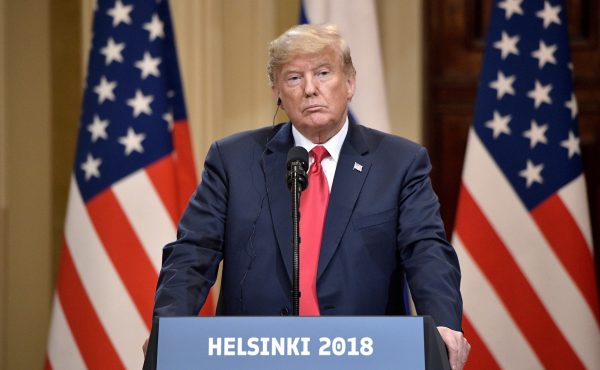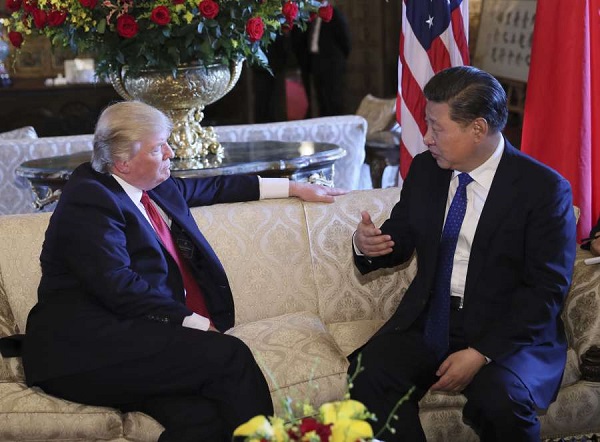

Follow us on:  
|


US President Donald Trump has since his election campaign accused China of unfair trade policies and practices [PPIO]
Chinese trade representatives were in Washington to discuss means to de-escalate a trade war which began earlier this summer following US President Donald Trump’s tariffs on Chinese goods.
China retaliated with tariffs of its own in early July.
The Washington meeting ended with no progress, signaled by the failure of both parties to issue a joint statement.
After the meeting, the Chinese Ministry of Commerce filed a complaint with the World Trade Organization against the second phase of US tariffs on $16 billion worth of Chinese goods.
The Ministry of Commerce said that it is pursuing a resolution through the WTO dispute settlement mechanism, in order to protect “its legitimate rights and interests”.
It says that the US has violated WTO guidelines by imposing tariffs on Chinese trade.
The complaint is against Section 301 of the 1974 US trade law.
Section 301 says that US trade representative can initiate an investigation into China’s trade policies and practices.

Despite a warm relationship between both leaders, China and the US seem to be escalating their trade war
Using this provision, Trump has accused China of unfair measures limiting US commerce in China. Section 301 allows US trade representatives to act without WTO authorization.
Trump has also accused China of “discriminatory” technology transfers from the US, as well as intellectual property violations.
China says it has acted within WTO provisions.
“Both sides will keep in contact about the future arrangement,” China’s Ministry of Commerce said in a statement on its website Saturday.
A number of companies and smart technology enterprises in the US who manufacture their wares and products in China have raised concerns that the trade war will ultimately adversely affect their businesses.
They fear that a ‘phase three’ of the tariffs going up to $200 billion worth of goods penalized will push many of these companies out of China and into neighboring Southeast Asian countries.
The BRICS Post with inputs from Agencies